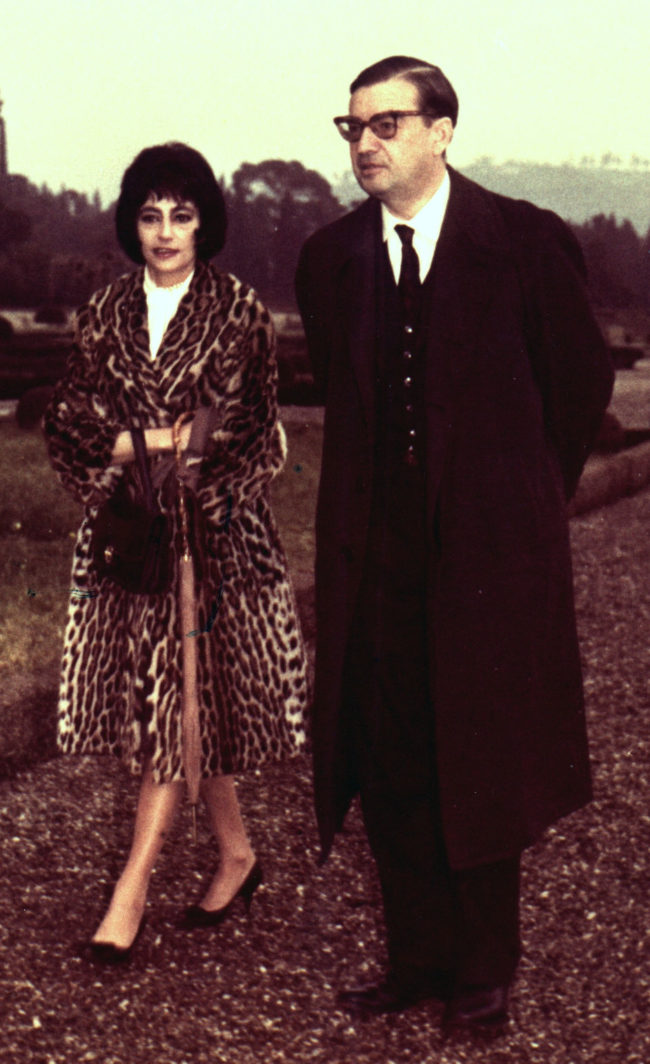Adam Smith, Dionysian?
V&R loves Roger Caillois! His work on games adds to the reflections of Huizinga (V&R Chapter 6), which I think analytically potent. Whilst Huizinga dwells on the attributes an activity must have to be a game, Caillois thinks about the classification of games. He identifies four: competition, chance, mimickry, and vertigo. These categories, respectively,…





